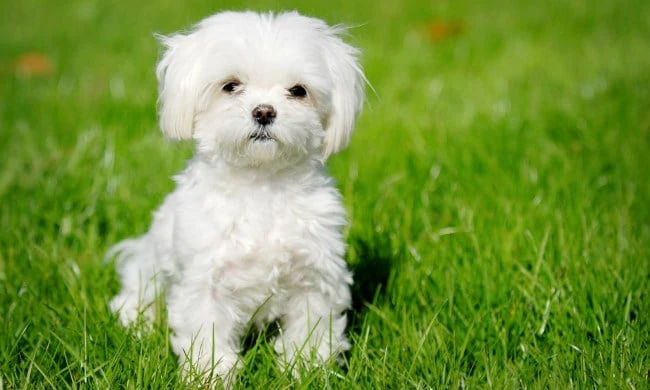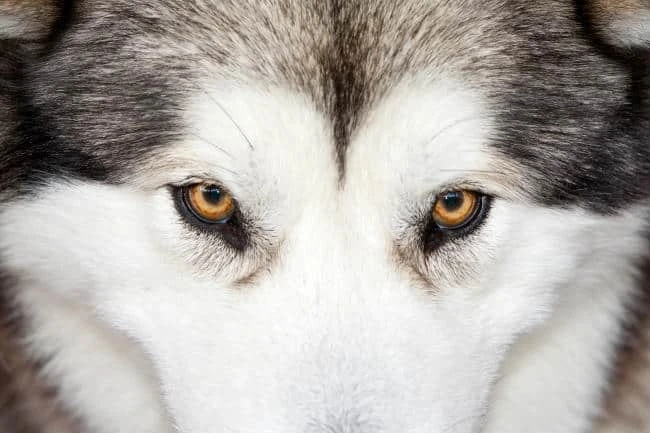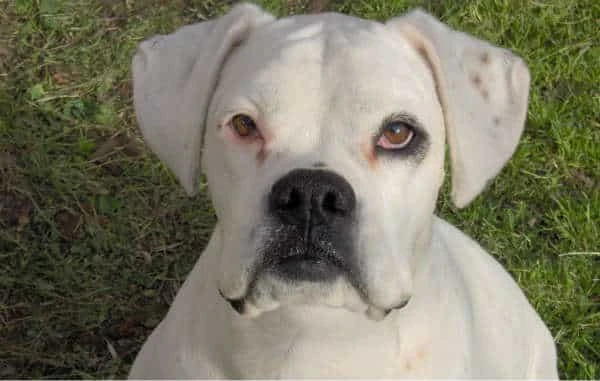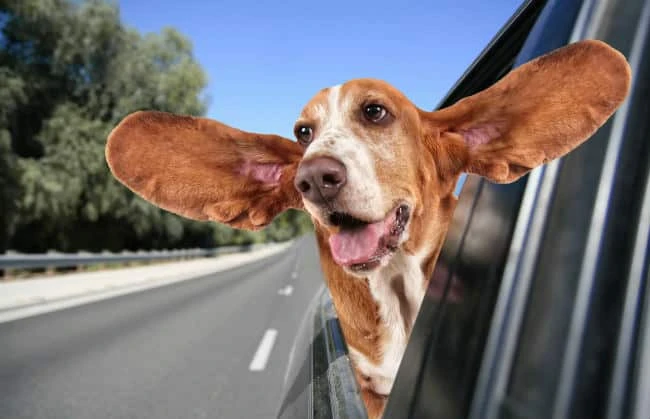Why Do Dogs Eat Poop? (Common Causes, Prevention, and Treatment)
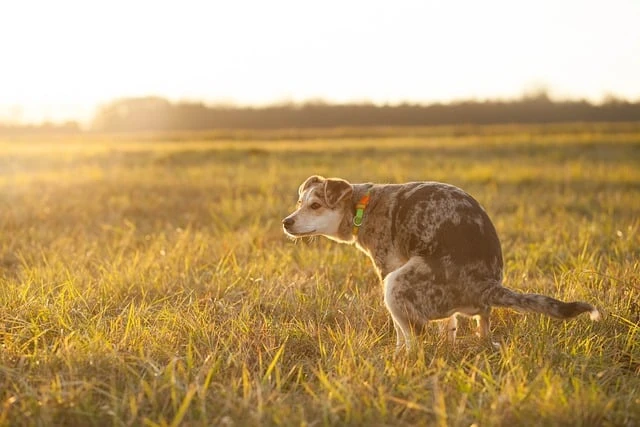
Dogs eating their own feces, also known as coprophagia or coprophagy, is a common behavioral issue that many pet owners may encounter. While the behavior may seem disgusting or unsanitary to us, it is actually a natural instinct for dogs.
For example, female dogs may consume the feces of their puppies to keep their den clean. In this situation, it’s a survival mechanism to prevent unsanitary conditions that could lead to the spread of disease and intestinal parasites.
However, coprophagia can quickly become a serious issue that pet owners must deal with on a regular basis. Before treating or preventing coprophagia, it’s important to understand the common causes of coprophagia as this will generally help you understand the optimal way to treat or prevent the issue.
Common Causes For Dog Poop Eating (Coprophagia)
One of the most common causes of coprophagia is a lack of nutrients in a dog’s diet. When a dog’s diet is lacking in certain vitamins and minerals, they may turn to eating their own poop in order to supplement their nutrition. Some of the common nutritional deficiencies that can lead to this behavior include:
- Fiber Deficiency: Dogs that do not consume enough fiber in their diet may eat feces to try to obtain the missing nutrient. Fiber is important for normal intestinal function, and a lack of it can cause diarrhea and other gastrointestinal issues.
- Protein Deficiency: Protein is an essential nutrient for dogs and a deficiency in protein can cause a dog to eat feces to try to obtain the missing nutrient.
- Vitamin B-12 Deficiency: Vitamin B-12 is important for proper digestion and a deficiency can lead to a number of health issues, including coprophagia.
- Mineral Deficiency: Minerals such as zinc and iron are essential for your dog’s overall health and a deficiency can lead to various symptoms, including coprophagia.
Another potential cause of coprophagia is boredom or lack of stimulation. Dogs who are left alone for long periods of time or do not receive enough exercise and mental stimulation may turn to eating feces as a way to alleviate boredom.
Certain medical conditions can also lead to coprophagia. For example, dogs with diabetes may experience an increase in appetite and subsequently eat feces. Additionally, dogs with certain gastrointestinal disorders may eat feces as a way to alleviate discomfort or pain.
You should always consult with your veterinarian to rule out medical causes of coprophagia. Afterwards, you can work with your veterinarian to formulate a plan of action that may include medication, diet modification, supplementation, and behavioral changes.
How To Prevent & Treat Coprophagia
To treat coprophagia, it is important to address any underlying health issues and provide a balanced diet that is high in protein and low in fillers. Additionally, providing dogs with plenty of exercise and mental stimulation can help alleviate boredom and prevent coprophagia.
If your dog is eating feces due to boredom or lack of mental stimulation, it is important to increase your dog’s physical and mental activities such as providing interactive toys, training, and walks. Remember that addressing your dogs physical wellbeing (walking, running, playing) is just as important as their mental wellbeing (training, puzzles, games).
For most dogs, walking between 30 minutes and 2 hours may be required to provide an adequate amount of physical exercise. Your dogs breed, age, and physical wellbeing will dictate where in that range is appropriate.
You should also regularly teach your dog new commands and routinely practice old commands to provide necessary mental stimulation. Oftentimes, 30 minutes of training may be more draining than an hour of walking outside.
One invaluable command to teach your dog as early as possible is the “leave it” command. This command can directly help prevent coprophagia. You can use this command whenever your dog goes near poop or anything that may be considered harmful (poop, food, pills, etc). In other words, the “leave it” command can help you stop your dog from eating poop on walks.
In addition to addressing the specific nutritional deficiencies, medical issues, and behaviors causing of Coprophagia, it’s also important to focus on prevention methods to ensure that your dog does not form a strong habit of eating feces.
One way to prevent coprophagia is to pick up feces immediately. It is also important to supervise your dog when they are outside, to prevent them from eating feces from other animals. In addition, if you own a cat, you’ll want to prevent access to your cat’s litter box because consumption of cat feces can transmit toxoplasmosis, a parasitic disease that can cause serious health problems in dogs.
While coprophagia may be unsightly, it can also be dangerous for dogs. Eating feces can lead to the transmission of parasites and diseases, such as E. coli or Salmonella. Additionally, eating feces can also lead to the development of pancreatitis, which is a serious and potentially fatal condition.
In summary, here are some practical prevention methods:
- Immediately pick up dogs poop in your backyard.
- Regularly check for poop from other animals in your backyard.
- Restrict access to your cat’s litter box.
- Teach your dog the “leave it” command.
Finally, it’s important to mention that punishment should not be used as a way to deter poop eating behavior. Punishment can create a negative association with the act of eating feces and can lead to an increase in stress and anxiety in your dog. Instead, it is important to address the underlying cause of the behavior, whether it is a nutritional deficiency, medical condition or boredom.
As always, it is essential to consult with a veterinarian to determine the underlying cause of coprophagia, and to ensure that any specific treatment is appropriate for your individual dog. Certain dogs will require medications to treat underlying issues, which only your veterinarian can determine after a careful medical examination.

